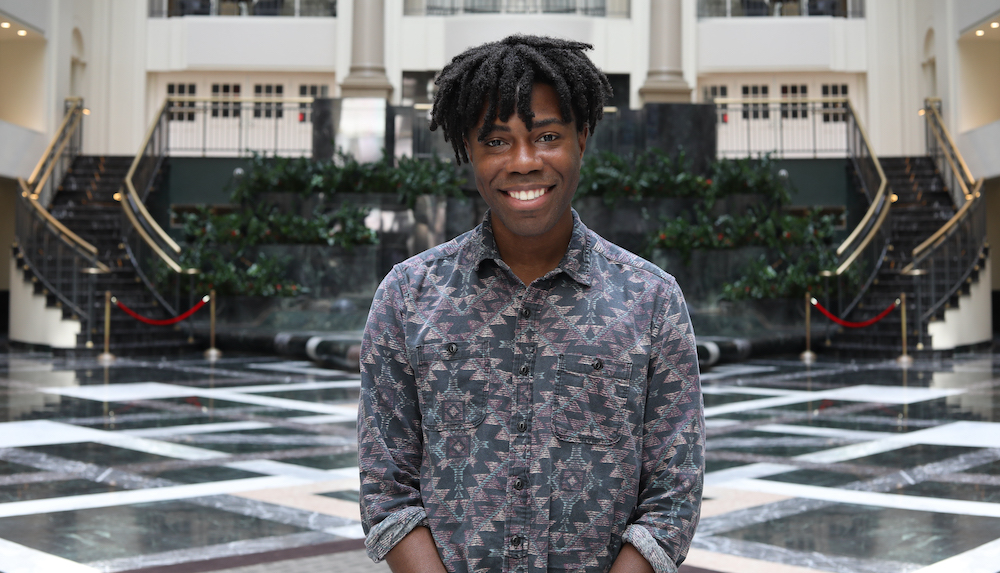It’s been a solid two years with Technical.ly and Report for America in Baltimore, but all good things must come to an end. I’m taking a new position covering tech in the DC market.
I came to Baltimore amid the peak of the pandemic in July of 2020, only a few months removed from an 18-month stint in Rwanda with the Peace Corps. Although I’ve been in Charm City for two years, the pandemic has been a Hyperbolic Time Chamber and it only feels like a few months. In that time, I’ve learned so much as a reporter, writer and the Baltimore tech scene as a whole.
My beat, when I joined Technical.ly, involved covering the winners and losers of the tech economy. That morphed into digital equity as I reported on the work being done to bridge the digital divide in Baltimore. Before I started the position, I was “excited about diving headfirst into Baltimore’s Black Butterfly and learning about the city.”
Of the 237 articles, give or take a few drafts, that I’ve written during my time at Technical.ly, these are the pieces that give the SparkNotes of what I’ve learned about digital equity, Baltimore city government and the local startup community in Baltimore.
Mission-driven orgs are in abundance in Baltimore.
Conscious capitalism, social entrepreneurship and organizations where the mission comes before the bottom line proliferate this city. These entities were constants in my coverage, from my first article featuring CLLCTIVLY. I remember being amazed by accelerators likeJohns Hopkins University’s Social Innovation Lab, which introduced me to such founders as Bree Jones of Parity Homes. Jones’ insight in stories like Who Makes 200K, along with that of entrepreneurs like her, helped me write articles centered on solutions instead of just notching the scoreboard of companies’ major wins.
Civic tech is its own industry.
I’m not the first Technical.ly Baltimore reporter to write about Fearless and I won’t be the last. Half of my How I Got Here profiles originated from Hutch, the civic tech incubator created by Fearless. I didn’t know what the word civic tech meant until I was exposed to Code for Baltimore and the rich history of CitiStat. City of Baltimore sources like Chief Data Officer Justin Elszasz and former Director of Broadband and Digital Equity Jason Hardebeck brought me into the world where tech and city government intersect.
Data caps may be coming, never forget.
Remote work is the new normal, student loans are starting up next year and Comcast never said data caps were off the table forever.
Digital equity is about more than just internet connectivity.
Internet connectivity and the digital divide were a common refrain during the pandemic. Project Waves showed me the impact community-based internet can have on the opportunities available for residents, but it was the story of April Curley that helped me understand digital equity is broader than internet connectivity. It’s also who gets VC money and who doesn’t. It’s about who has psychological safety in the workplace and who gets pushed out. It’s who has STEM programs and who doesn’t, and the doors that exposure opens up.
Baltimore has limitless potential.
Throughout my two years here, one thing I can say for sure is that Baltimore has an endless capacity for growth. The ecosystem is more complete than it was 20 years ago. Companies’ ingenuity during the pandemic, from making face shields to the multitude of organizations coming together to end the digital divide, is obvious. The city has shown me when there’s a will, there’s a way.
###
It’s not really goodbye, more like see you later. I’m a tweet, LinkedIn message, or Insta DM away. If you’re really craving my writing that much, you can also check out my short story anthology, “Tales from Bleak Metal Falls.”







